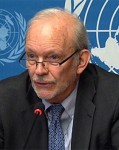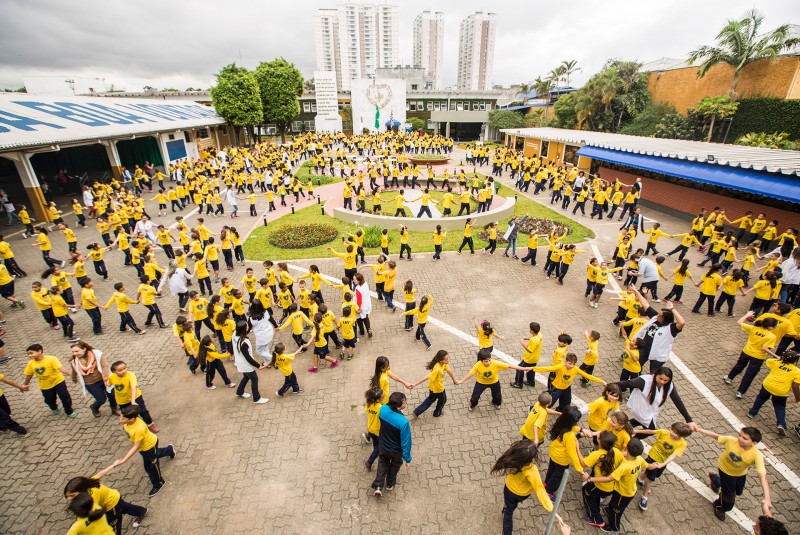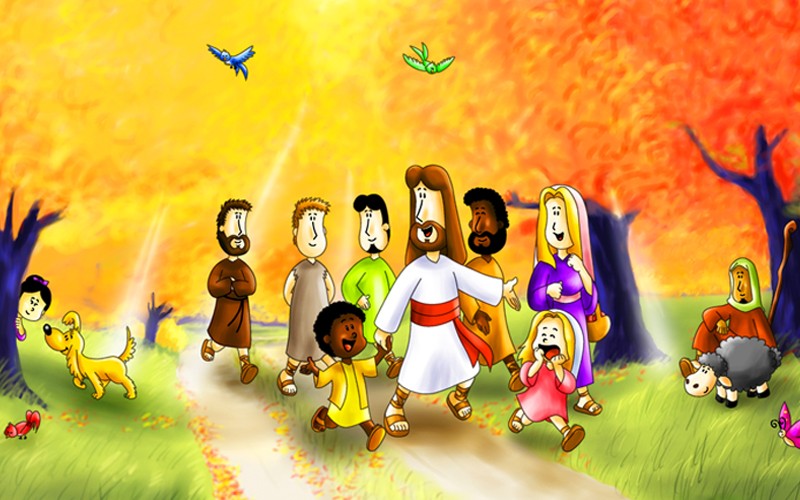Acts of cowardice against children
Averting one’s eyes to violence against children and their cruel unfoldings is a barbarity still very present in the world. This is what the report "Hidden in Plain Sight" released on September 4 this year by the United Nations Children’s Fund (UNICEF) reveals.
According to this international organization: "It is the largest compilation to date of statistics on violence against children." The report, with data collected from 190 countries, details the dire and lasting consequences of aggressions suffered during childhood and adolescence. When these victims later become adults, they are more likely to become unemployed, live in poverty, and manifest aggressive behavior. And here is an important point that should be taken into serious consideration: the authors note that the data is derived only from individuals who were able and willing to respond. Therefore, the figures only represent a small part of the problem.

Anthony Lake
This occurs because communities, schools, and homes do not properly fulfill their obligations to the little ones. Dr. Anthony Lake, Executive Director of UNICEF, is blunt about it: "These are uncomfortable facts — no government or parent will want to see them." Nevertheless, as he himself emphasizes, we must face the facts if we want to change the mentality that thinks that this daily violence is normal and permissible. "While it harms individual children the most, it also tears at the fabric of society — undermining stability and progress. But violence against children is not inevitable. It is preventable — if we refuse to let violence remain in the shadows," he adds.
Some of the figures in the worldwide survey show that children and adolescents under the age of 20 account for one fifth of homicide victims, resulting in about 95,000 deaths in 2012; around 120 million girls under the age of 20 (approximately 1 in 10) have experienced forced intercourse or other sexual acts; and slightly more than 1 in 3 students between the ages of 13 and 15 are regularly bullied in school.
WHAT STEPS TO TAKE
UNICEF has indicated strategies so that society as a whole, from families to governments, can work to eliminate such tragedies. They include "supporting parents and equipping children with life skills; changing attitudes; strengthening judicial, criminal and social systems and services; and generating evidence and awareness about violence and its human and socio-economic costs, in order to change attitudes and norms."


Suelí Periotto
Among the numerous activities of the Legion of Good Will, taking good care of children is one of its most relevant and recognized actions. I have great hope in the sowing we have done for over 64 years in human and spiritual hearts. The Pedagogy of Affection and the Ecumenical Citizen Pedagogy, developed in the LGW’s school network, with the help of the population, have the lofty purposes of supporting children and youth at social risk. The LGW’s schools have zero dropout rates, informs the principal of the Good Will Educational Complex in São Paulo, Brazil, Suelí Periotto, who is currently pursuing a Doctorate degree in Education.
There is no guarantee of a better future for the nations without respect for the fundamental rights of children and the youth. And one cannot have a healthy development, both physically and spiritually, without affection, without fraternal love.

To fulfill the responsibilities entrusted to us is to obey the words of Jesus, the Ecumenical—that is, Universal—Christ. In His Gospel according to Matthew 19:14, He says: "Let the little children come to me, and do not hinder them, for the Kingdom of Heaven belongs to such as these."
The comments do not represent the views of this site and are the sole responsibility of their authors. It denied the inclusion of inappropriate materials that violate the moral, good customs, and/or the rights of others. Learn more at Frequently asked questions.